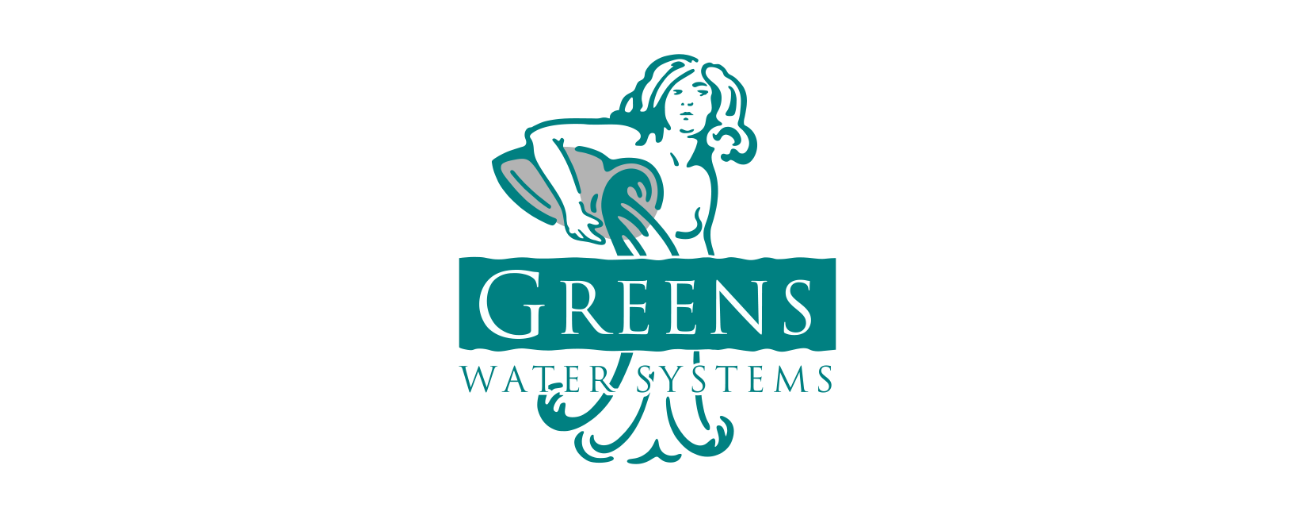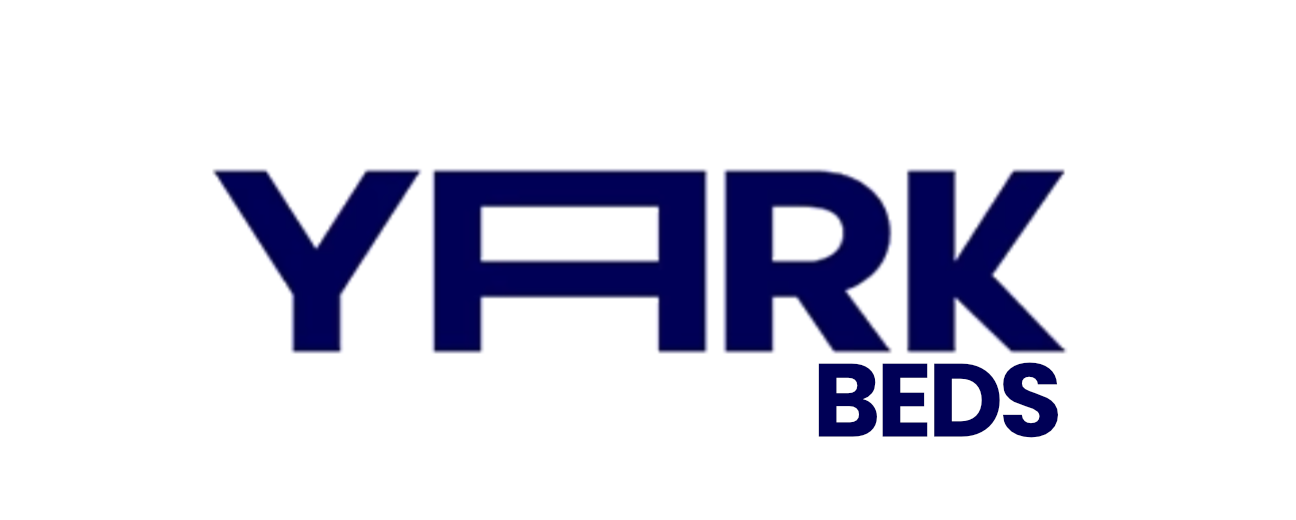-
 Census 2021 Data
Census 2021 Data -
 Homes & Property
Homes & Property -
 Law and Order
Law and Order -
 Jobs & Economy
Jobs & Economy -
 Learning & Schools
Learning & Schools -
 Essential Services
Essential Services -
 Travel & Transport
Travel & Transport -
 Local Amenities
Local Amenities -
 Leisure & Recreation
Leisure & Recreation -
 Environment
Environment
Water Hardness Levels
Warrington Road, Warrington
WA3 6AX Warrington (B)
Understanding water hardness and quality in your area
Curious about the water hardness levels in WA3 6AX area? Learn what the mineral content means for your home and appliances. Find out how it could impact your daily life and what you can do to manage it effectively.
Water hardness in the WA3 6AX postcode area has been recorded as having:
Soft to Hard Water
Observations
0-50 ppm: Soft Water – This water is low in minerals. It's gentle on appliances and your skin, but you may notice soap doesn't lather as well.
051-100 ppm: Moderately Soft – This water is slightly higher in minerals but still gentle on plumbing and appliances. You might need a little more soap for a good lather.
101-150 ppm: Slightly Hard – Here, you start noticing more soap scum and a bit of limescale. It's not a huge problem but may require more frequent cleaning.
151-200 ppm: Moderately Hard - You'll see more limescale in kettles, showers, and taps. Cleaning becomes more of a chore, and you might want to consider using water softeners.
201-275 ppm: Hard Water – Expect limescale to build up quickly. This can damage appliances over time and make cleaning a real hassle. Water softening solutions are recommended.
What does this mean?
*Water hardness is measured in milligrams per litre (mg/L) or parts per million (ppm) of calcium carbonate (CaCO2). This tells you how much calcium and magnesium is present in the water.
In the UK, you'll often see water hardness expressed in degrees:
Degrees Clarke (°Cl)
This is a British measure where one degree Clarke is equivalent to 1 part of calcium carbonate per 70,000 parts of water.
These measures give you an idea of how "hard" or "soft" the water is, with higher numbers indicating harder water, which means more calcium and magnesium. If you ever get your water hardness tested, the results will likely be in one of these units.
Hardness/Softness Levels
Soft Water
Impact
Soft water is gentle on plumbing, appliances, and skin. Households benefit from less soap and detergent usage, as it lathers easily. There's minimal limescale build-up, reducing the need for regular cleaning and maintenance of appliances like kettles, boilers, and dishwashers. For businesses, particularly those in hospitality or healthcare, soft water helps maintain a clean, professional environment with fewer resources needed for cleaning.
What to Know
While soft water is ideal for most uses, it can sometimes feel slippery when washing, which might take some getting used to. It's also less common in natural water supplies, so many people might not experience it without a water softener.
Moderately Soft Water
Impact
Similar to soft water, moderately soft water is still quite gentle but may require a bit more soap and detergent for effective cleaning. The risk of limescale is minimal, but it can start to appear over time, particularly in appliances that heat water.
What to Know
Households and businesses won't need to take special measures, but periodic checks for early signs of limescale can be beneficial. This level of hardness is still generally easy to manage.
Slightly Hard Water
Impact
Slightly hard water can cause some limescale deposits, particularly in areas where water is heated, like kettles and boilers. Soap scum might become more noticeable in sinks and bathtubs. Appliances may require more frequent descaling to maintain efficiency.
What to Know
Regular cleaning and occasional use of descaling agents are recommended. Businesses, especially those relying on appliances like coffee machines or industrial dishwashers, should consider routine maintenance to avoid build-up.
Moderately Hard Water
Impact
At this level, limescale build-up is more pronounced. It can start affecting the efficiency and lifespan of appliances like washing machines, boilers, and dishwashers. Soap and detergent usage increases, and cleaning becomes more time-consuming.
What to Know
Households should regularly descale appliances and may benefit from installing a water softener. Businesses might face higher operational costs due to increased maintenance needs and should consider water treatment solutions to mitigate these effects.
Hard Water
Impact
Hard water causes significant limescale deposits, leading to frequent appliance breakdowns and reduced efficiency. For households, this means more cleaning and higher energy bills as appliances work harder. For businesses, particularly those in food service or healthcare, hard water can impact the quality of services, requiring frequent maintenance.
What to Know
Installing a water softener becomes highly advisable to protect plumbing and appliances. Regular descaling and maintenance are essential to avoid costly repairs and replacements.

How to reduce water hardness in your home
Understanding water hardness/softness levels helps you manage the impact of water on your home or business and choose the right water treatment solutions if necessary.
Reducing water hardness in your home can significantly improve the lifespan of appliances, reduce energy costs, and make cleaning easier. One of the most effective ways to manage hard water is by installing a water softener. These systems work by exchanging calcium and magnesium ions, which cause hardness, with sodium ions, effectively "softening" the water before it enters your home's plumbing.
For those looking for a less permanent solution, water conditioners can really help. These devices don’t remove the minerals but alter their structure, preventing them from forming limescale. Alternatively, you can add water softening tablets or salt to your washing machine to help protect clothes and your machine from the effects of hard water.
For smaller appliances, like kettles and coffee machines, regular descaling with vinegar, citric acid, or a commercial descaler can prevent limescale build-up in the long run.






